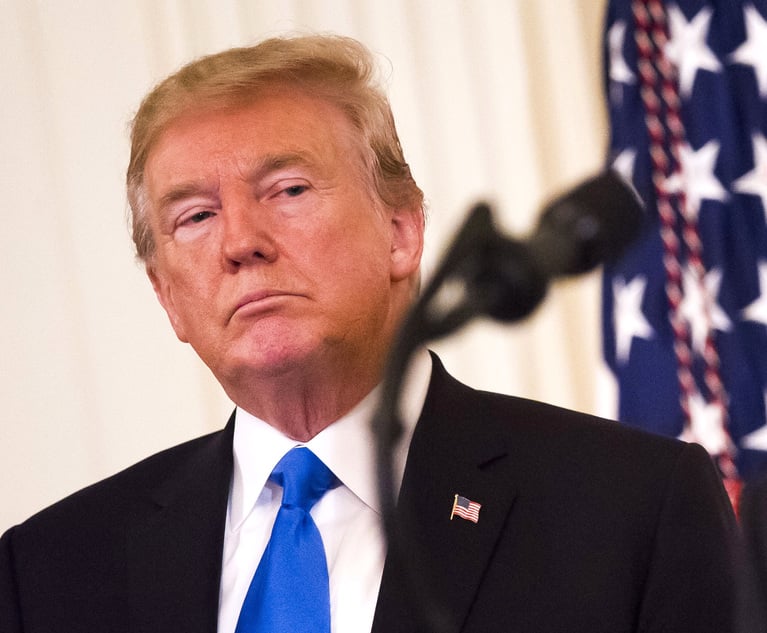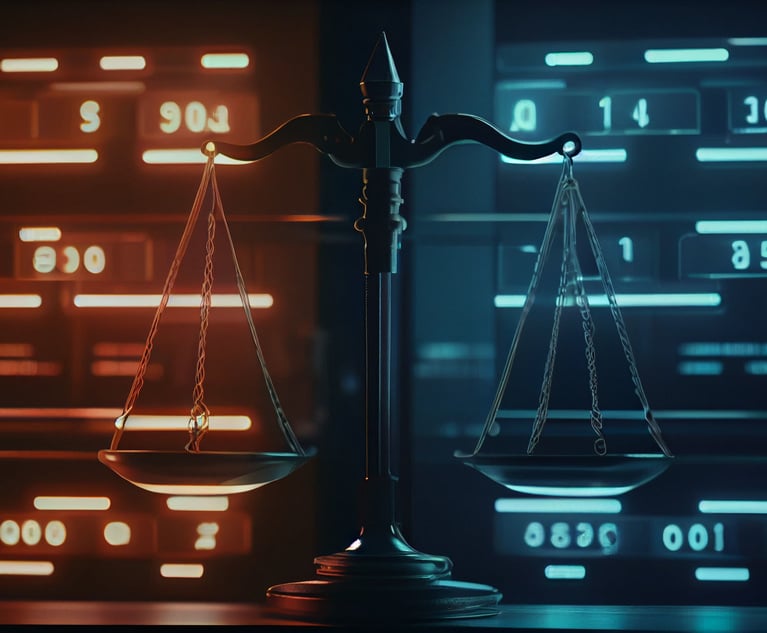Companies now use ephemeral messaging as an authorized communication tool to advance legitimate business objectives. With automated deletion of message content and end-to-end encryption, ephemeral messaging apps like Wickr and Signal offer a secure communication platform that may facilitate compliance with data protection and privacy laws. Nevertheless, companies must exercise caution when using ephemeral messaging, particularly when litigation is pending or reasonably anticipated.
This is confirmed by Federal Trade Commission v. Noland, (D. Ariz. Aug. 30, 2021), where the court issued an adverse inference to address defendants’ loss of relevant electronically stored information arising from their use of Signal. As Noland makes clear, parties that use ephemeral messaging after a duty to preserve attaches may face severe sanctions for the loss of relevant information. Just as significantly, Noland implicitly provides insights on how companies can properly use ephemeral messaging to satisfy business imperatives.
Federal Trade Commission v. Noland
This content has been archived. It is available through our partners, LexisNexis® and Bloomberg Law.
To view this content, please continue to their sites.
Not a Lexis Subscriber?
Subscribe Now
Not a Bloomberg Law Subscriber?
Subscribe Now
LexisNexis® and Bloomberg Law are third party online distributors of the broad collection of current and archived versions of ALM's legal news publications. LexisNexis® and Bloomberg Law customers are able to access and use ALM's content, including content from the National Law Journal, The American Lawyer, Legaltech News, The New York Law Journal, and Corporate Counsel, as well as other sources of legal information.
For questions call 1-877-256-2472 or contact us at [email protected]


 Credit: Tero Vesalainen/Shutterstock
Credit: Tero Vesalainen/Shutterstock




